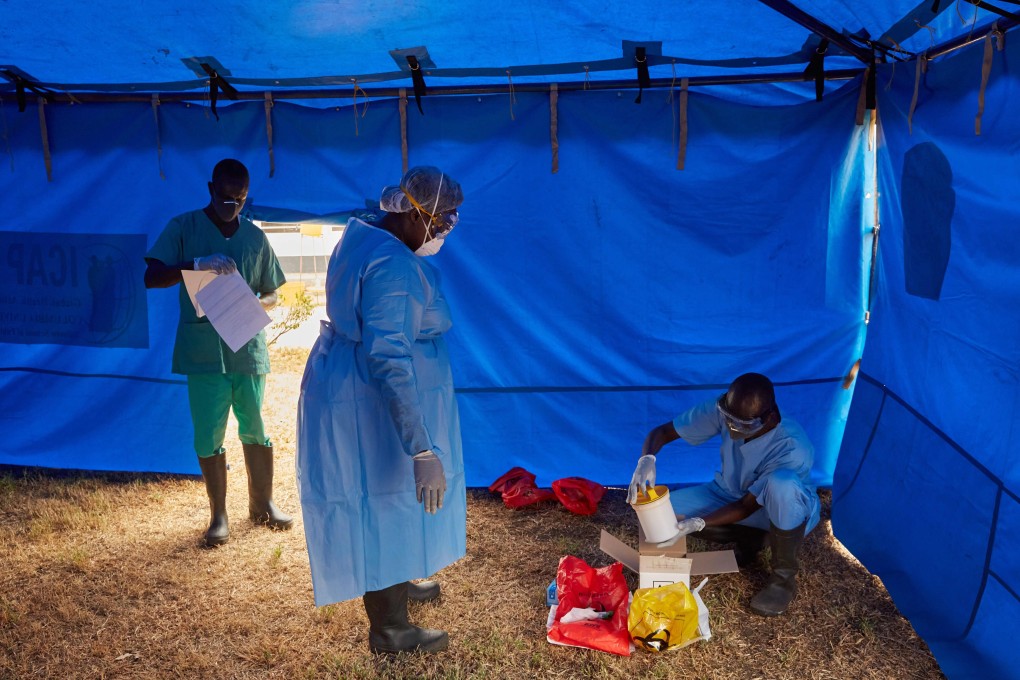Coronavirus test kits boost for Africa, but have large numbers of cases already been missed?
- Years of conflict have left some African nations with minimal health provision and poorly equipped to handle an outbreak
- As donations and purchases of testing kits arrive, there is concern that the numbers diagnosed remain relatively low

More worrying, according to experts, is that several countries, including Somalia, South Sudan and the Central African Republic, have suffered years of conflicts that have left them with extremely weak health care systems that cannot cope with Covid-19, the disease caused by the coronavirus.
Most pressing is their capacity to test people. Somalia said on Friday it had tested 47 people for the coronavirus and 36 had tested positive. By the next day, 19 of the 25 tested were positive – a confirmation rate that observers considered shocking.
That took the country’s total cases as of Sunday to 164, with seven deaths. The cases included 15 health workers.

The numbers were still low compared with countries such as Egypt, South Africa and Morocco, which had by then recorded more than 3,000 coronavirus cases each, but it could mean that many cases had gone undetected, given the country’s limited testing capacity.